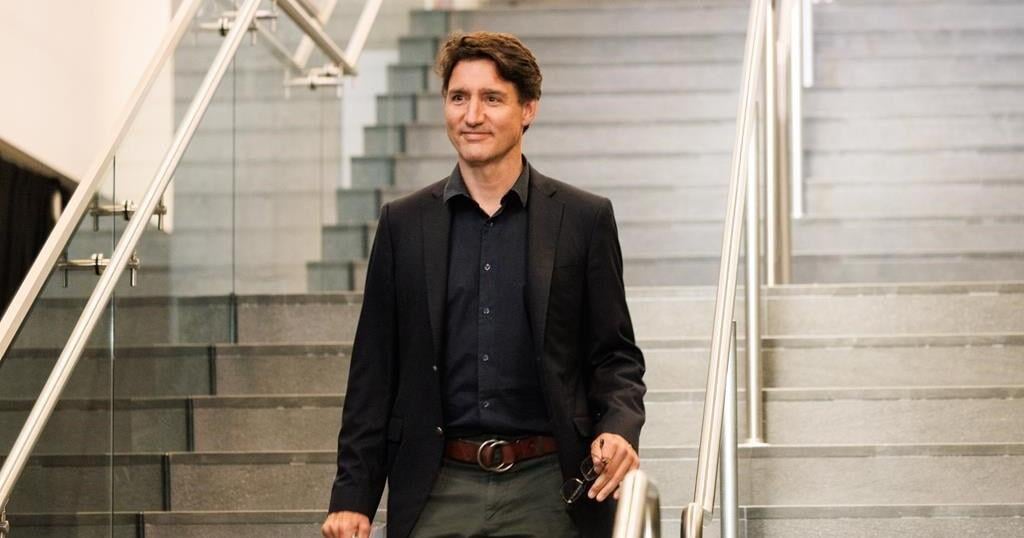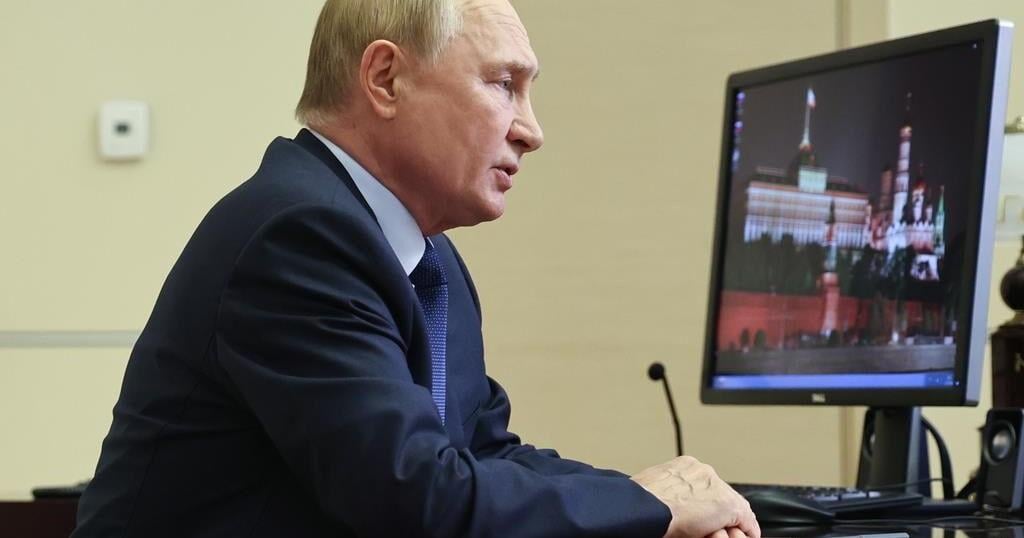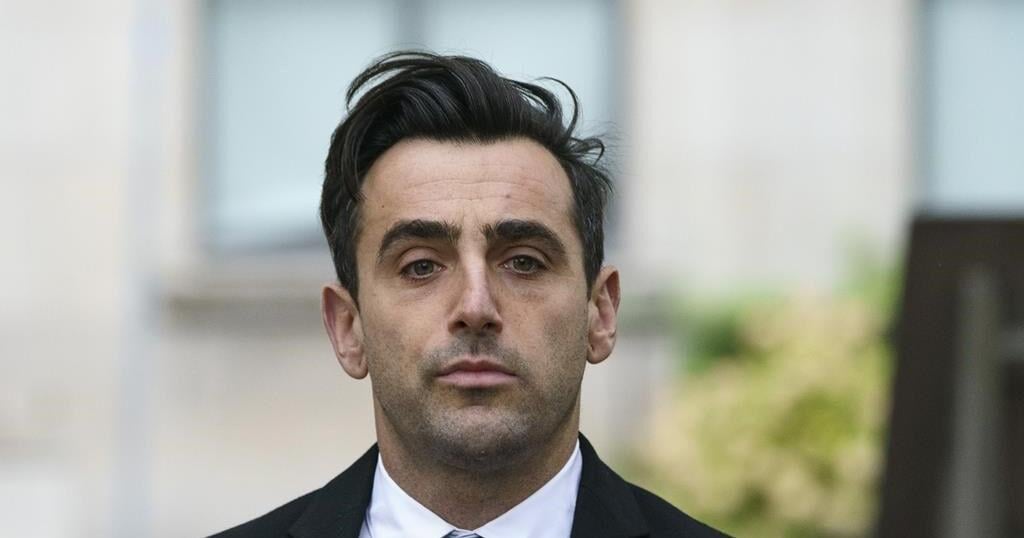HALIFAX – Housing and immigration will take centre stage today as the federal cabinet retreat in Halifax moves into its first full day of meetings.
The annual end-of-summer cabinet gathering is intended to set the agenda for the fall sitting of Parliament which begins three weeks from today.
The Liberals are in a make-it-or-break-it moment, following more than a year of slumping polling numbers and at most a year left before the next federal election.
Prime Minister Justin Trudeau is scheduled to take questions from the media early this morning, something he has done far less frequently since the Liberals lost a critical byelection in a Toronto stronghold at the end of June.
Ministers are also expected to provide updates on the government’s ongoing revamp of the temporary foreign workers program, as well as national child care and electric vehicle tariffs.
The cabinet will also be forced to contend with the still unsettled labour strife within the two national railways, with Teamsters planning a protest at the meeting today.
The government last week asked the Canada Industrial Relations Board to begin binding arbitration to end a work stoppage that began when both Canadian National Railway (CN) and Canadian Pacific Kansas City (CPKC) locked out workers on Thursday at midnight.
The board agreed Saturday to the binding arbitration request but Teamsters President Paul Boucher has vowed to fight it in court and will lead a protest in Halifax today.
But for the Liberals, affordability and the housing supply crunch will remain the main priorities.
The explosion of immigration under their watch has become a significant problem, contributing to soaring housing costs and driving anti-immigration sentiment in many parts of the country.
Last summer’s cabinet retreat began to address the explosion of international student visas and in January, Immigration Minister Marc Miller announced the government would approve 35 per cent fewer student visas this year than it had in 2023.
He has now turned his attention more heavily to temporary foreign workers, many of whom are paid low wages to do work that’s difficult to find Canadians to do. The number of low-wage foreign workers grew five fold between 2016 and 2024, much of that growth during the post-COVID-19 labour shortages experienced in 2022.
Miller has said the conditions have changed and so must the program. The government recently approved a six-month freeze on new low-wage temporary foreign workers in Montreal.
Finance Minister Chrystia Freeland is also expected to discuss with her cabinet colleagues the summer consultation that studied whether to join the U.S. and Europe and impose new tariffs on electric vehicles made in China.
The cabinet heard Sunday night from U.S. national security adviser Jake Sullivan during a working dinner that launched the cabinet retreat, who warned about China’s economic policies, including overproduction and state subsidies that lead to unfair pricing and competition.
President Joe Biden announced in May he would quadruple the import taxes on Chinese-made EVs to 100 per cent and Canada is expected to follow the U.S. lead with new tariffs of its own.
Freeland spent July holding the required consultation to do so, but has hasn’t yet said when tariffs would happen or what they will be.
The European Union is planning to vote in October on introducing new tariffs in its member states as well.
Conservative Leader Pierre Poilievre is pressuring the government to impose tariffs, promising he would do so if he wins the next election.
Speaking to reporters on his way into the cabinet meeting Sunday night, Sullivan said the U.S. won’t tell Canada what to do but that there are significant issues about economic fairness and data security related to Chinese-made cars.
“The U.S. does believe a united front, a co-ordinated approach on these issues, benefits all of us,” he said.
This report by The Canadian Press was first published Aug. 26, 2024.

























